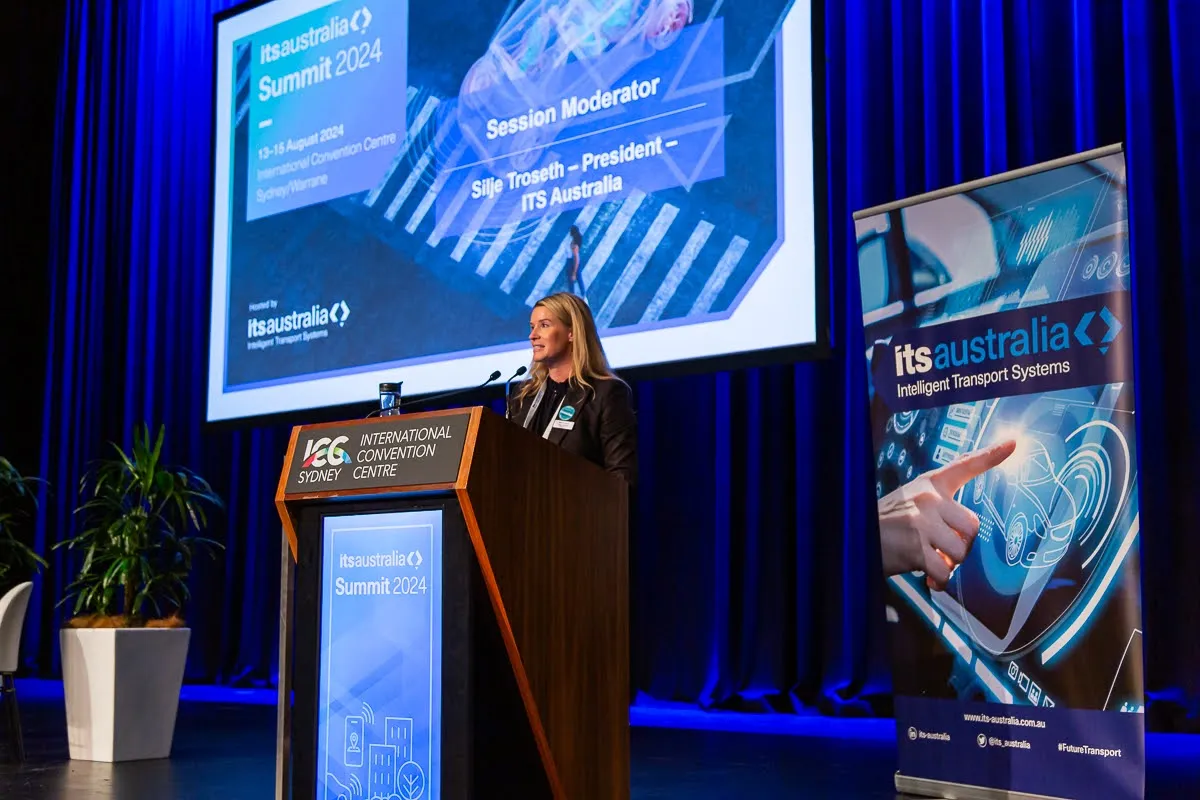Dr Alan Stevens, chief scientist and research director at the UK’s Transport Research Laboratory (TRL), has been working in Beijing on an ITS project to develop a strategy to improve safety on the motorways of China, using cooperative ITS as an addition to more traditional safety improvements. It is also expected that this will lead to improvements in capacity and environmental sustainability.
April 7, 2014
Read time: 2 mins
Dr Alan Stevens, chief scientist and research director at the UK’s Transport Research Laboratory (491 TRL), has been working in Beijing on an ITS project to develop a strategy to improve safety on the motorways of China, using cooperative ITS as an addition to more traditional safety improvements. It is also expected that this will lead to improvements in capacity and environmental sustainability.
Cooperative ITS is as much about organisations cooperating together, as well as cooperation between vehicles and between vehicles and the roadside. To this end, Alan and his colleague Peter Vermaat have been meeting key stakeholders such as communications providers, automotive industry, mapping providers, road operators and the Ministry of Transport to discuss their views, capabilities, interests and constraints which could affect what cooperative systems are deployed and how that might take place.
TRL has growing links with China and in February opened a state-of-the-art testing facility based in Guangzhou’s Science City development, designed in conjunction with Inspection, Quarantine, Technology Centre (IQTC). This impact test rig is fitted with the latest technology including the required instrumentation to test to regulation R44 and the new China ‘CCC’ child restraint regulations.
Cooperative ITS is as much about organisations cooperating together, as well as cooperation between vehicles and between vehicles and the roadside. To this end, Alan and his colleague Peter Vermaat have been meeting key stakeholders such as communications providers, automotive industry, mapping providers, road operators and the Ministry of Transport to discuss their views, capabilities, interests and constraints which could affect what cooperative systems are deployed and how that might take place.
TRL has growing links with China and in February opened a state-of-the-art testing facility based in Guangzhou’s Science City development, designed in conjunction with Inspection, Quarantine, Technology Centre (IQTC). This impact test rig is fitted with the latest technology including the required instrumentation to test to regulation R44 and the new China ‘CCC’ child restraint regulations.










